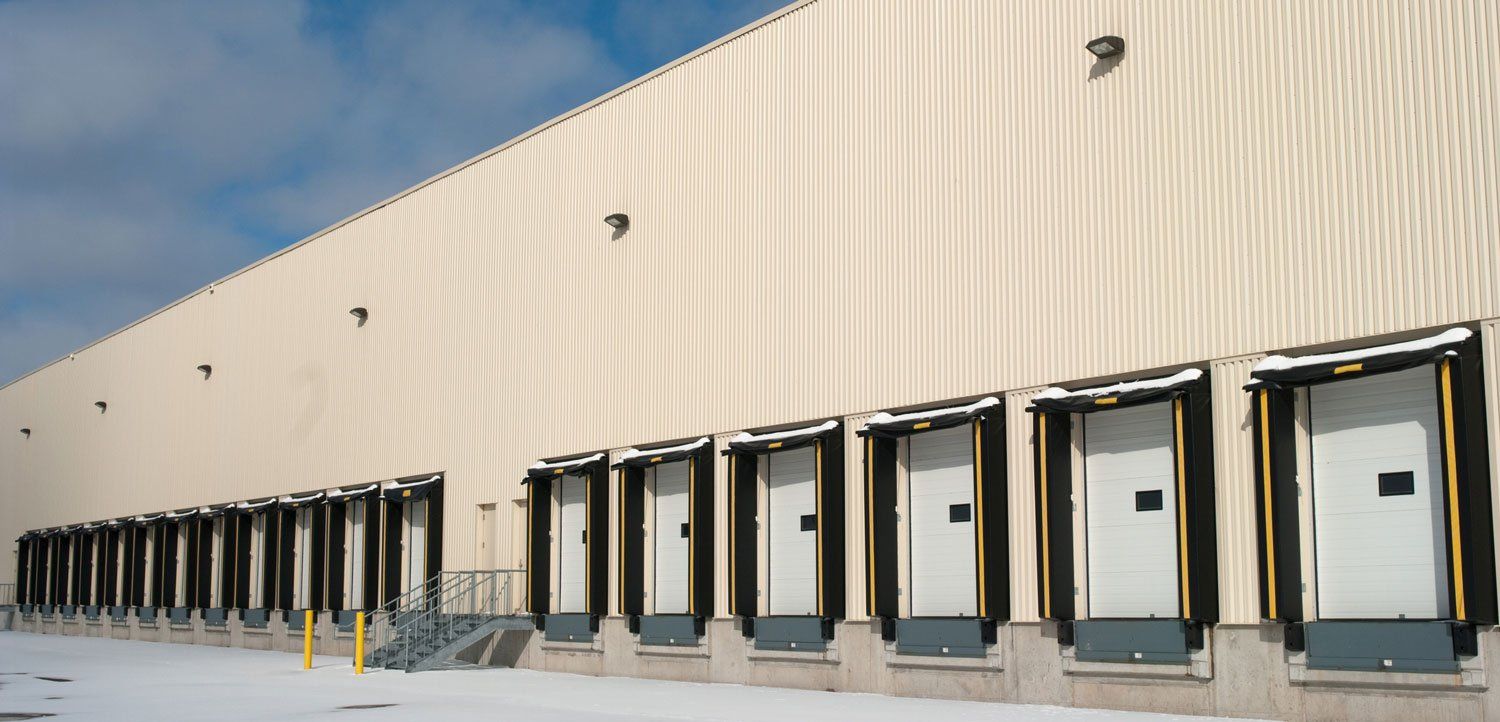7 Common Door Materials for Your Building
Doors provide additional security to any building. Your home's value and visual appeal can also increase when you install high-quality doors. Nevertheless, the quality of your doors depends on the type of material.
Discover some of the most common types of door materials.
1. Wood
Because wood is customizable and beautiful, it has been the material of choice for doors throughout history. Common wood materials include maple, mahogany, oak, fir, and pine. You can paint any of these types of wood to increase the wood's beauty.
In addition, manufacturers can shape wood into any size so that it can fit your entryways. However, persistent exposure to extreme weather conditions can cause the wood to wear out ultimately. Frequent wearing out means that you have to replace wood doors more regularly.
2. Fiberglass
Although wooden doors remain popular, many homeowners have swapped wood with fiberglass doors. The reason for fiberglass's popularity is the material's attractiveness and durability. In addition, unlike wood, fiberglass doors won't warp or swell with time.
3. UPVC or Vinyl
Vinyl or UPVC doors are a popular option for many offices and homes. These doors are rust-resistant and highly durable.
In addition, UPVC is a highly robust material that can withstand fire and insulate rooms. And if you stay in an area with a lot of noise, select UPVC doors are perfect because they block noise penetration.
4. Steel
If security is your main consideration, choose steel doors for maximum security. Steel doors are strong and have core insulation to improve energy efficiency. In addition, the doors are weather-resistant, and you will spend little effort and money to maintain them.
Despite this, steel doors are prone to scratches and dents, especially in places with harsh weather. Also, if the steel door becomes dented, you often have to replace the whole door.
5. Aluminum
Although aluminum is more common with patio or storm doors, some people use aluminum in standard entry doors. However, you might have to get custom-built aluminum doors if you want to use them for the front door.
Aluminum doors are highly resilient and won't rust easily. In addition, most manufacturers provide extended warranties for aluminum doors.
6. Composite
Composite doors are a combination of plastic, wood, and insulation materials. The primary benefit of composite doors is their excellent thermal qualities. Moreover, most composite doors can withstand extreme weather conditions, so the doors are ideal for all climatic situations.
You can also paint composite doors to resemble wooden doors. Composite doors are also available in a wide range of colors.
However, composite doors are often expensive. The high cost is due to complex insulation foams that are part of the doors.
7. Glass
Many commercial buildings often use glass doors to maximize natural light penetration. When an office uses more natural light, the business can save on electricity costs. In addition, productivity and mood tend to improve since natural light has vitamin D.
Your office will also often look more elegant and professional when you use glass material. Although glass is common in commercial spaces, some people utilize the material in residential areas. Some of the latest house designs rely heavily on glass doors.
People choose glass due to its ability to avoid corrosion or rust like other materials. Furthermore, glass doors have easy maintenance, repair, and cleaning requirements.
The main disadvantage of glass doors is cracking or denting. In these cases, you may have to replace the whole door.
Once you have settled on your preferred material, you now need to get the best dealer to buy doors. Mikro Corporation provides high-quality doors for commercial and residential spaces. We ship anywhere, including the Bahamas, the Caribbean, and Latin America. Contact usto get started.













